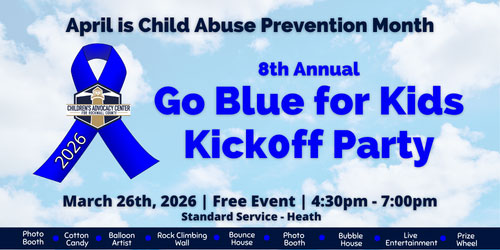Rockwall, TX (September 27, 2023) – Hearing the distinct sound of an approaching garbage truck, my three-year-old son raced to a window to see his hero leap from a metal step and whisk away our trash. So, his early desire to become a garbage man someday made perfect sense. However, as his world broadened through our reading time, which included Old Testament stories, he declared his new career aspiration: “When I grow up, I’m going to be a king.”
In formative years, our identity is shaped by the surrounding influences of family and community; the attitudes and expectations of these closest members largely contribute to our self-image. However, our sphere of influence expands with awareness of the world around us, and this now begins at a very tender age.
Advanced technology has become a powerful third party (or greater) in shaping young lives and reshaping more mature ones. Such amazing expertise (along with perfect digital images) helps us in so many ways but also intrudes when unwanted and threatens to displace conventional thinking and long-held values.
Young families must especially feel the pressure of an overwhelming stream of intelligence. How, for example, will the 7-year-old who is plodding through Book Two of Beginner Piano respond after viewing video clips of preschoolers playing Bach and Beethoven? Will this second-grader be motivated to work harder or, instead, to give up the piano altogether?
Do the beneficial elements that technology brings offset the troubling ones? Probably not, since statistics reveal the plummeting mental and emotional health of young people. An identity crisis is defined as “disorientation and role confusions occurring especially in adolescents as a result of conflicting pressures and expectations and often producing acute anxiety.”1
Adding to that issue, technology further enables young people to better challenge authorities—parents, teachers, government, and faith leaders. This wider influence is transforming society by snipping away the cords of tradition. This can be seen clearly in the steady decline of church membership. The post-Christian culture is no longer standing at the door but sitting on the sofa, which is where many would-be worshipers might be found on a Sunday morning.
Our Western world highly prizes the ability to live free from constraint. However, since individualism is defined as the importance of self over society, this independent mindset puts us in a vulnerable place.
It’s easier to lose our way when no one is guiding us; likewise, when too many voices offer direction. It’s easier to sink when no one is supporting us. Easier to commit a sin when no one is warning us, or when we believe that no one is watching us.
The New City Catechism defines sin as “rejecting or ignoring God in the world he created, rebelling against him by living without reference to him.” Sadly, this describes our culture.
In the devotional classic, My Utmost for His Highest, Oswald Chambers wrote, “Sin is a fundamental relationship; it is not wrong doing, it is wrong being, deliberate and emphatic independence of God.”
Our sin problem, then, is connected to self-identity and individualism.
The fog of confusion in today’s world can prevent us from seeing clearly until we realize that we are sinners who need saving and that God loves us and “sent his only Son into the world, so that we might live through him” (1 John 4:92).
By faith in Christ, our otherwise meaningless and therefore disappointing life has been displaced by the heavenly input of our present help and future hope. We’ve been forever rebooted—from death to life.
1The American Heritage College Dictionary; 2The English Standard Version
 Patti Richter writes and edits Christian faith articles and has co-authored Signs of HIs Presence: Experiencing God’s Comfort in Times of Suffering. Read more of her essays at BlueRibbonNews.com
Patti Richter writes and edits Christian faith articles and has co-authored Signs of HIs Presence: Experiencing God’s Comfort in Times of Suffering. Read more of her essays at BlueRibbonNews.com







